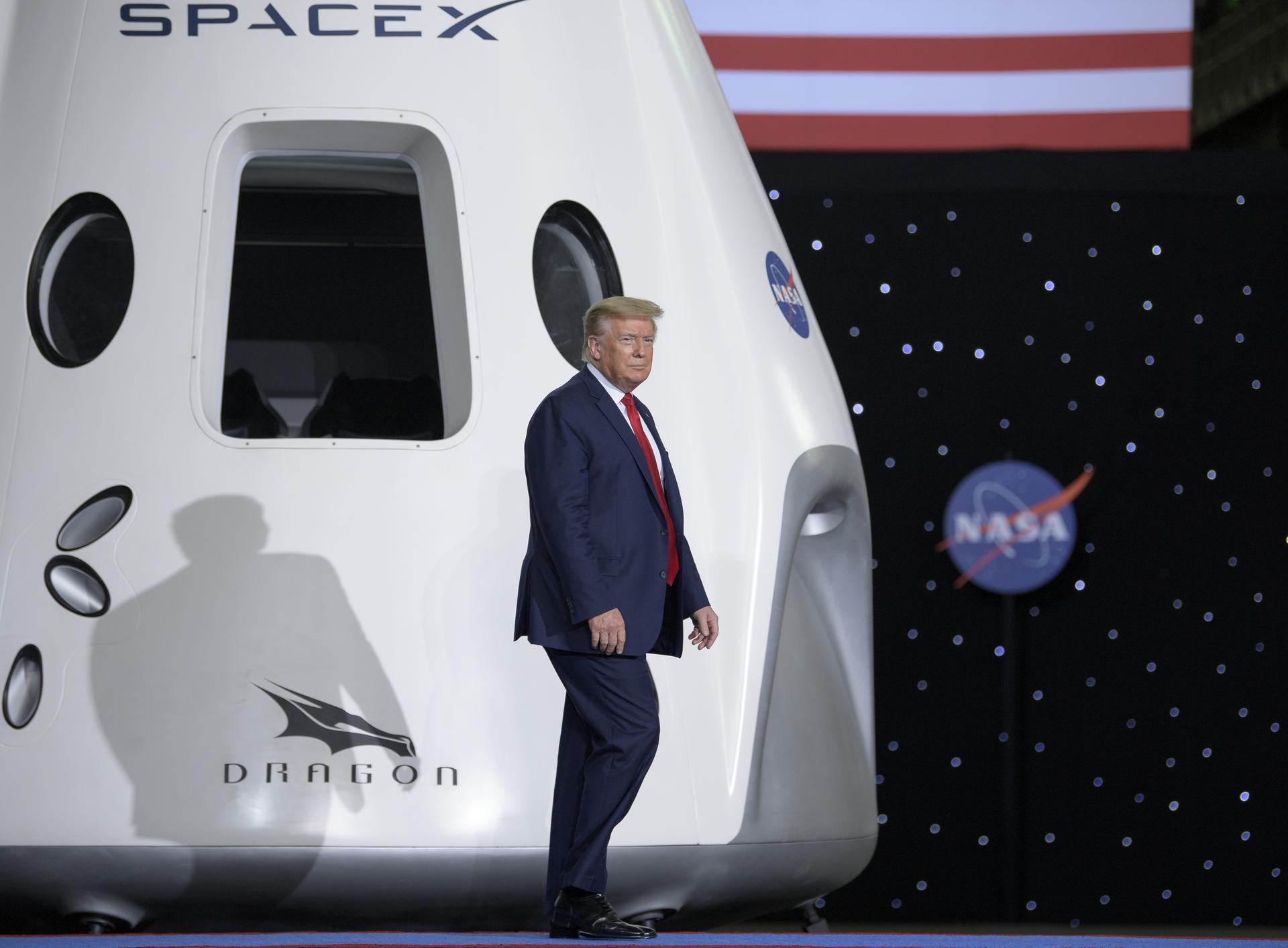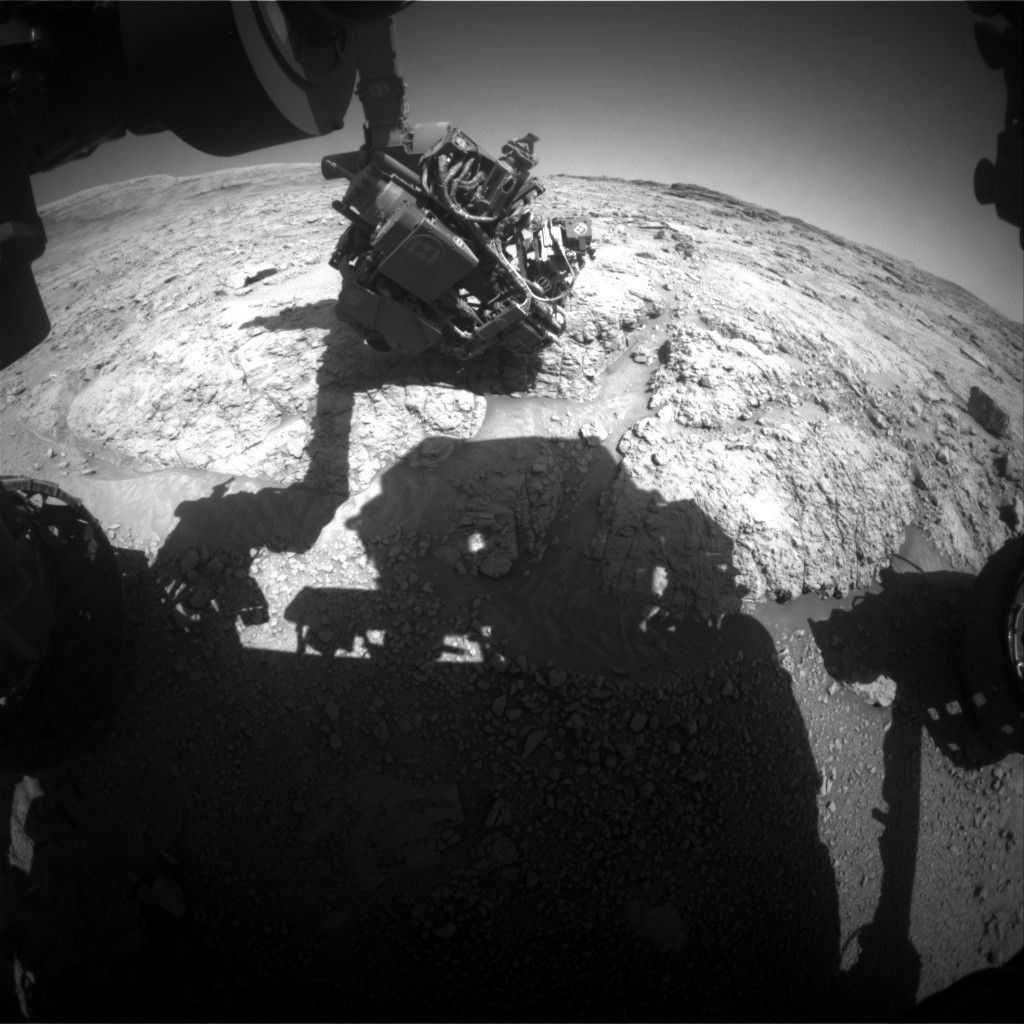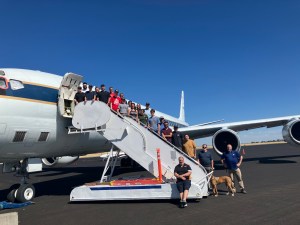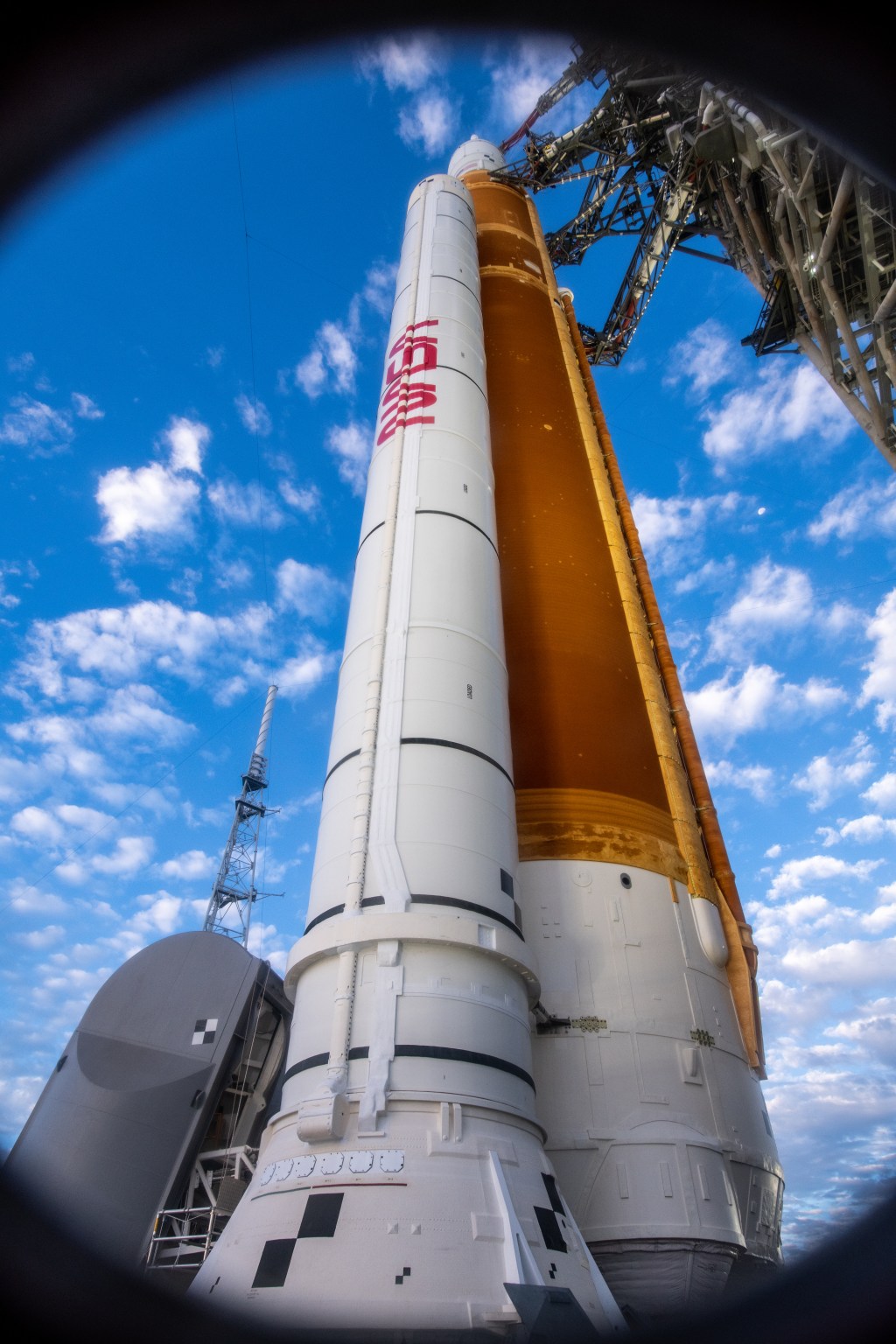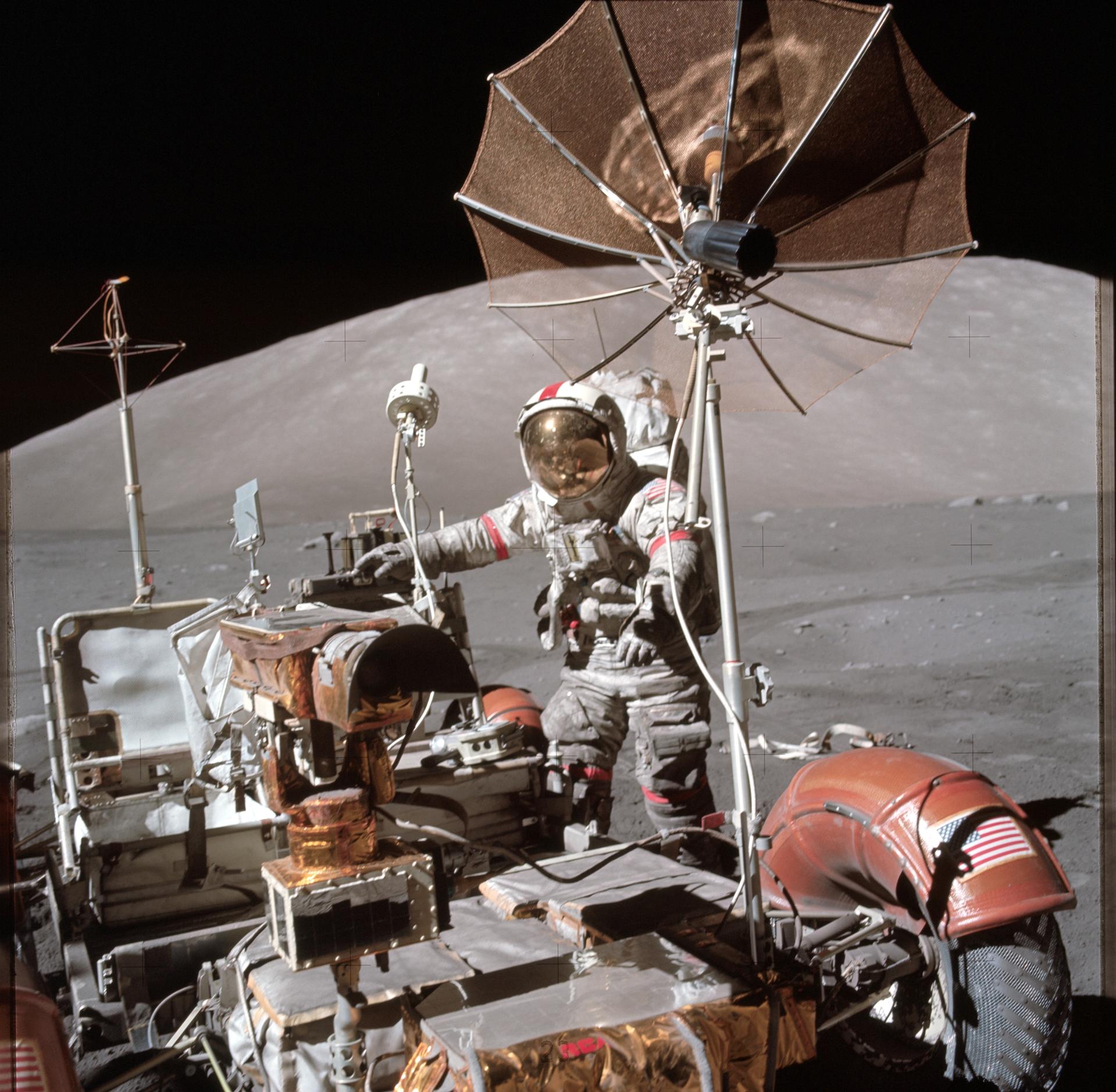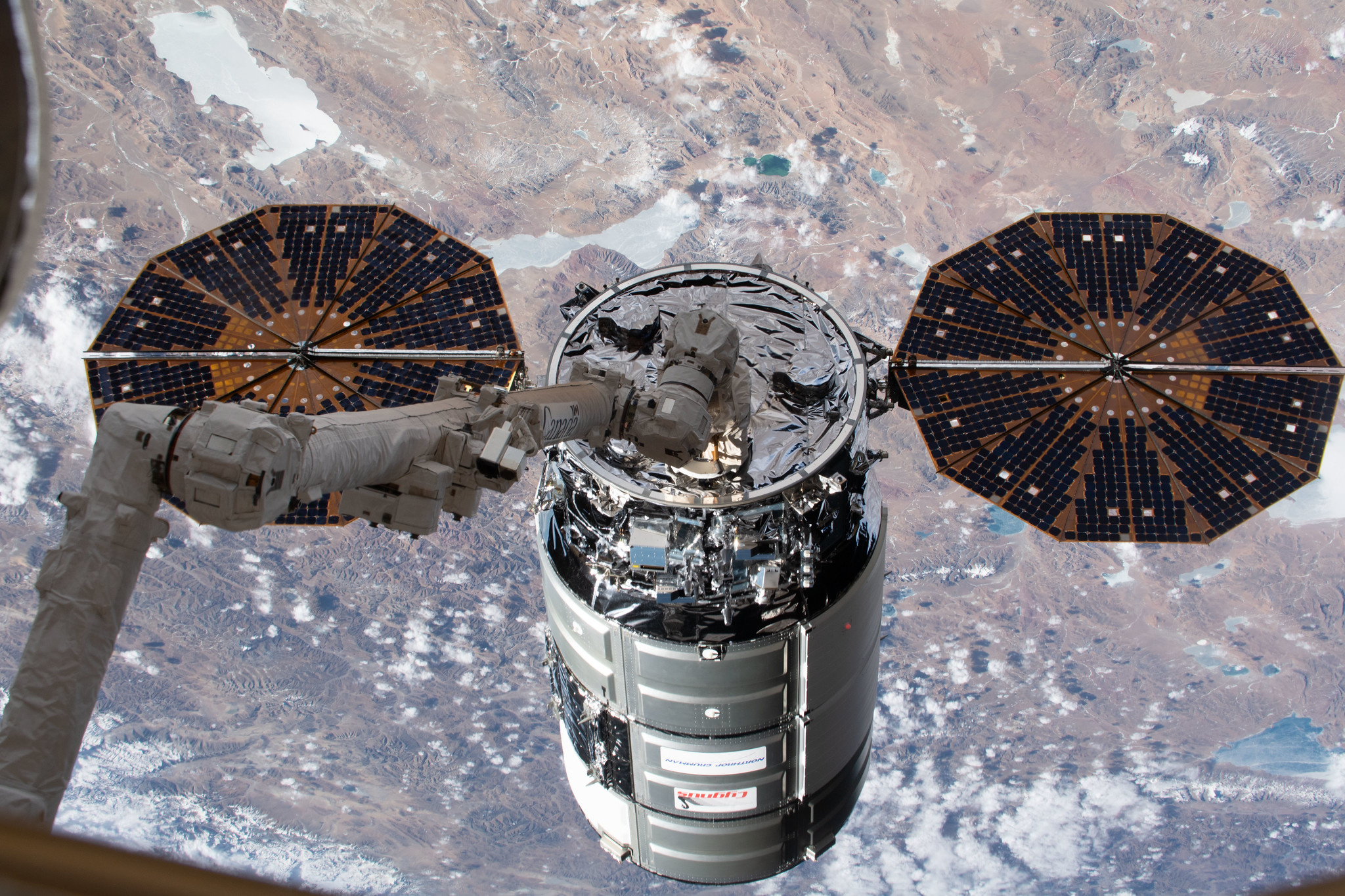NASA Composite Manufacturing Initiative Gains Two New Members
Gulfstream Aerospace Corporation and Fives Machining Systems Inc. have joined 20 other organizations to support NASA’s Hi-Rate Composite Aircraft Manufacturing (HiCAM) project. The project is addressing industry’s needs to meet growing demand for air travel, replace aging airliners, and secure U.S. competitiveness in the commercial aircraft industry. NASA and its partners are collaborating and […]

2 min read
Preparations for Next Moonwalk Simulations Underway (and Underwater)
Gulfstream Aerospace Corporation and Fives Machining Systems Inc. have joined 20 other organizations to support NASA’s Hi-Rate Composite Aircraft Manufacturing (HiCAM) project.
The project is addressing industry’s needs to meet growing demand for air travel, replace aging airliners, and secure U.S. competitiveness in the commercial aircraft industry.
NASA and its partners are collaborating and sharing costs to increase the manufacturing rate for aircraft components made from composite (nonmetallic) materials. Gulfstream and Fives are the newest members in a public-private partnership called the Advanced Composites Consortium.
Advanced Composites Consortium
Members of the Consortium have significant and unique expertise in aircraft design, manufacturing, certification, testing, and tool development, with the new members bringing important new insights and capabilities to the team.
“By partnering with U.S. industry, academia, and regulators, we’ll increase the likelihood of impacting the next generation of transports,” said Richard Young, manager for NASA’s HiCAM project, which oversees the consortium.
The team is currently competing concepts to determine which technologies will have the greatest impact on manufacturing rates. Once the most promising concepts are selected, they’ll be demonstrated at full scale.
The project and Advanced Composites Consortium contribute to NASA’s Sustainable Flight National Partnership by enabling broader use of lightweight composite airframes, which will reduce fuel consumption and carbon emissions, improving air quality and the environment.
HiCAM is managed under NASA’s Advanced Air Vehicles Program.
Share
Related Terms
What's Your Reaction?



















.jpg?#)













